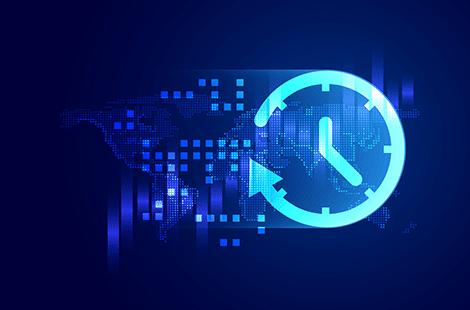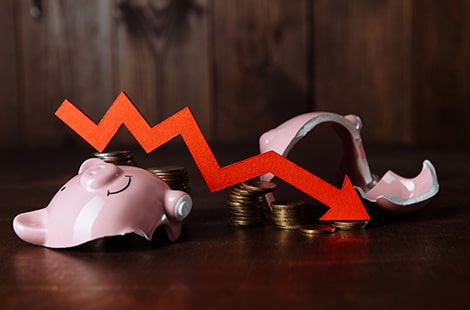The proliferation of e-commerce has revolutionized the way we shop for various products and services. However, with this convenience comes a growing challenge that affects public health: counterfeit medicines. In an age where online pharmaceutical sales are booming, combating counterfeit medicines has become a pressing concern.
The escalating threat
Counterfeit medicines present a grave threat to public health, as they often contain incorrect or harmful ingredients, incorrect dosages, or no active ingredients at all. As e-commerce continues to flourish, criminals have seized the opportunity to infiltrate the pharmaceutical market. The World Health Organization (WHO) estimates that up to 10% of medicines globally could be counterfeit, and this number is likely to increase as online pharmaceutical sales grow.
Challenges in E-Commerce
The vast reach and anonymity of the internet make it challenging to regulate and monitor online pharmaceutical sales effectively. Fraudulent entities can easily create deceptive websites, sell counterfeit medicines, and vanish before authorities can respond. Moreover, the borderless nature of e-commerce enables counterfeit medicines to cross international boundaries with ease, exacerbating the problem.
Impacts on Public health
The consequences of counterfeit medicines reach far beyond financial losses for consumers. Patients who unwittingly consume counterfeit drugs may experience deteriorating health conditions, adverse reactions, or even life-threatening situations. The spread of counterfeit medicines also erodes public trust in healthcare systems and legitimate pharmaceuticals, posing long-term challenges.
Innovative strategies to combat Counterfeit Medicines
Recognizing the gravity of the situation, governments, international organizations, and the pharmaceutical industry are collaborating to develop robust strategies to combat counterfeit medicines in the e-commerce age. These strategies include:
1. Enhanced Regulation: Governments are tightening regulations to control online pharmaceutical sales, enforcing stricter licensing for online pharmacies, enhancing supply chain tracking, and imposing severe penalties on counterfeit medicine sellers.
2. Global Cooperation: Given the global reach of e-commerce, international collaboration is pivotal. Organizations like Interpol and the WHO collaborate with governments and law enforcement globally to share intelligence, conduct joint operations, and harmonize regulations.
3. Consumer Education: Empowering consumers with knowledge is a crucial aspect of the fight against counterfeit medicines. Public awareness campaigns aim to educate consumers on how to identify legitimate online pharmacies, recognize red flags, and report suspicious activities.
In the relentless battle against counterfeit medicines, innovative enterprises like Ennoventure play a pivotal role. Ennoventure, with its cutting-edge anti-counterfeit technology, is all set to combat counterfeit pharmaceuticals. The commitment to innovation, along with collaborative initiatives, underscores the shared determination necessary to eradicate this threat and guarantee the safety and well-being of consumers on a global scale.
The challenge of combating counterfeit medicines in the age of e-commerce requires a multifaceted approach that involves regulatory measures, technological advancements, international cooperation, and consumer education. Embracing innovative solutions and fostering unity against counterfeit medicines are vital steps toward creating a safer online pharmaceutical marketplace. Together, we can envision a future where the public’s health is protected, and counterfeit medicines are relegated to the past.



